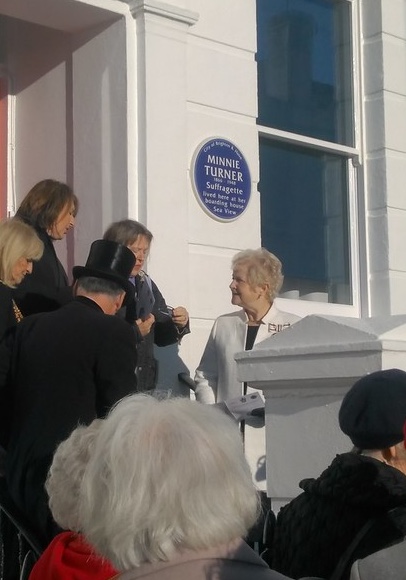Who We Are
Open Plaques. The Museum of the Street est. 2009
Open Plaques is a community-based project which brings to life the history that plaques encapsulate. We catalogue and curate commemorative plaques and historical markers, often but by no means always blue and round, installed on buildings and landmarks throughout the world.
- We show where plaques are, we identify who or what is commemorated, when they were there, and what they were notable for.
- We uncover this data through a process of painstaking research by our team of volunteer co-curators.
- The data generated by the project are free to use under a Public Domain declaration.



Team
The plucky band of volunteers who made this happen

Jez Nicholson

Deirdre Molloy

Frankie Roberto

Simon Harriyott

Warren Bennett

Elliott Brown

Ken Brown

Brian Cooper

Andrew Elwell

Nick Harrison

Steve Hunnisett

Trevor Hunt

Eugene O'Loughlin

John Levin

Richard Light

Tony Morrissey

Jan Newsom

Stephen Roffey

Keith Seabridge

Barbara Smith

George Wolfe

Виктор

QuesterMark

